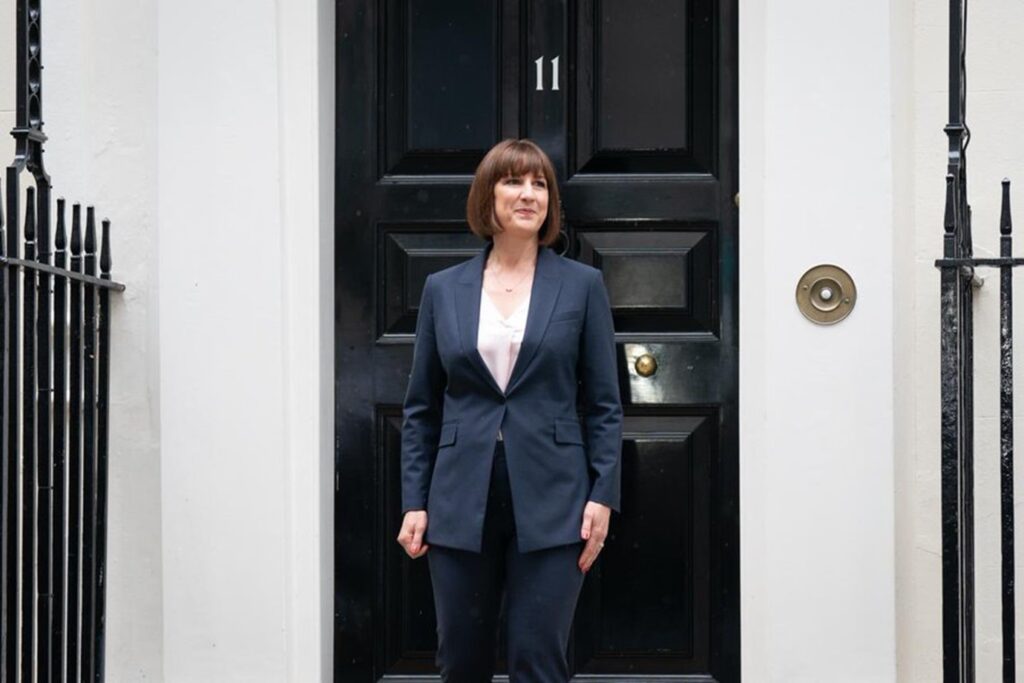The UK Parliament has a record number of women and multicultural members following Labour’s landslide election win, with the country also getting its first female chancellor in 800 years.
The newly elected parliament includes 264 women, a figure that surpasses the threshold of 40 per cent for the first time. This record includes 46 per cent of Labour MPs and 24 per cent of their Conservative counterparts.
A record 89 minority ethnic MPs were elected to parliament overall, according to research by the thinktank British Future. Out of these multicultural MPs, women will outnumber men with 50 women MPs winning seats compared to 39 men.
The highest-ever proportion of MPs educated at comprehensive schools has also been elected to parliament, estimated at 63 per cent, according to The Sutton Trust. However, this is still lower than the overall population of the UK, which is 88 per cent.
As the new UK prime minister, Keir Starmer’s new cabinet will have the highest number of female ministers in history. Keir appointed his cabinet on Friday, with a record 11 women in the team of 25.
Among them, women holding senior frontbench roles include Angela Rayner as Deputy Prime Minister and Secretary of State for Levelling Up, Housing and Communities. Yvette Cooper is the Secretary of State for the Home Department, and Bridget Phillipson is Secretary of State for Education. Liz Kendall holds the position of Secretary of State for Work and Pensions, and Secretary of State for Transport is Louise Haigh, the youngest woman to serve as a cabinet minister, at age 36.
CEO of Women for Election Australia, Licia Heath has applauded these election results, urging others to think about the significance of this increased diversity in UK leadership.
“Think, for just a moment, about the cultural shift that occurs when you have so many new faces, from diverse backgrounds, sectors and education entering an institution that’s responsible for law-making and policy settings,” writes Heath, on LinkedIn.
“Results like these don’t come from nowhere – they come from tireless advocacy, intentional support for those who need it the most and the continuous and tiring sourcing of funding to run training and mentoring programs.”
UK’s first female chancellor
Perhaps most important is Reeves’ appointment as the UK’s first female chancellor. The post of chancellor has existed for the past 800 years, and has always been held by a man, until now.
Labour’s key ambition for the UK is economic growth, and experts have noted that Reeves is likely to be more empathetic in understanding the vital role of women in the workforce and their contribution to achieving this.
Reeves has described her appointment as “the honour of my life”, and said she knows “what responsibility it brings” and is “ready to deliver the change our economy needs to make working people in all parts of the country better off”.
“It comes with a historic responsibility as the first woman to be appointed Chancellor,” she adds.
“To every young girl and woman reading this, let today show that there should be no limits on your ambitions.”
A former Bank of England economist, Reeves has also said it’s her duty to drive progress for women and to close the gender pay gap, which currently stands at 14.3 per cent in the UK.
During her campaign, Reeves promised to deliver an economic policy focused on equality for women. She said she’d invest in policies that support women such as affordable childcare, equal pay and flexible working arrangements.


